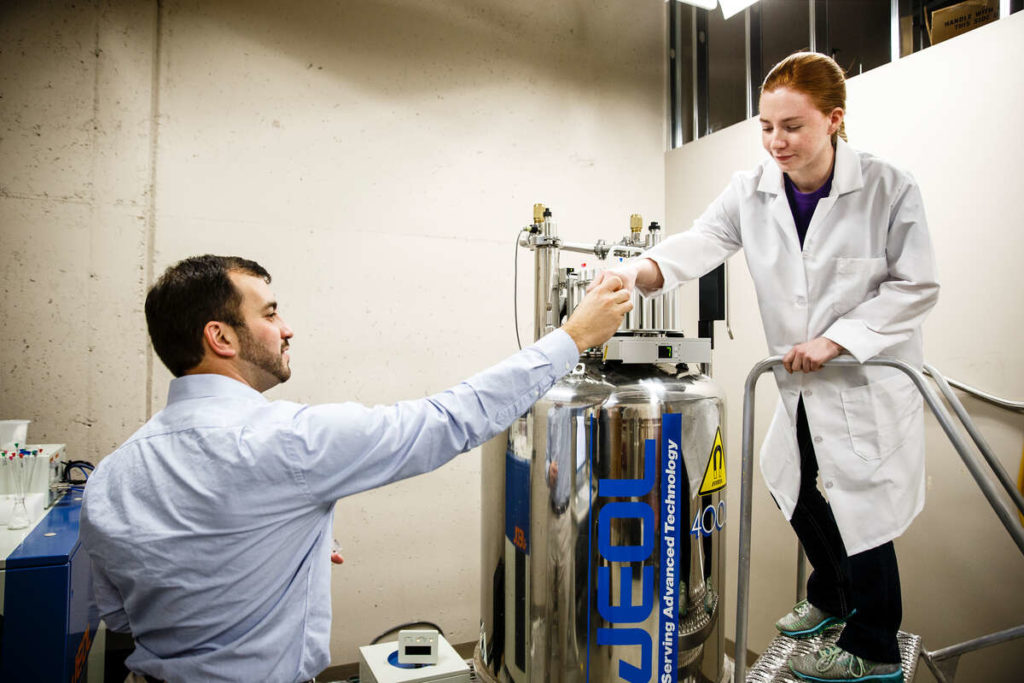This "Outside Consultant" column by Alec Johnson, an associate professor of entrepreneurship, ran in the Star Tribune on May 16, 2022.
There is troubling belief that entrepreneurs have some sort of special vision of the future of opportunities, and it just not so. In fact, it’s this type of myth that serves to dissuade potential entrepreneurs.
Over my 28-year career working with entrepreneurs, I’ve made these observations of successful entrepreneurs: being a great problem-solver, having a strong work ethic, and possessing curiosity and a strong desire to learn. These are characteristics that anyone can develop.
Robbie Harrell of Minnesota Ice, who studied at the Schulze School of Entrepreneurship, possesses these traits. His business is ice – not a new product to the world, yet he found a new angle. Harrell started working at 15 with a strong work ethic and a focus on learning.
The truth is that most of what we have in our economy isn’t brand new. The brand-new ideas fail more often than they succeed, which is great news. You don’t need to be some super creative person or inventor or scientist. You can find a new angle on something that exists.
Robbie’s biggest challenge now is rapid growth. To many it sounds exciting, but to an entrepreneur, it can mean chaos, inefficiency and declining profitability, if not managed properly. Growing effectively requires a number of operations and human resources strategies, and typically demands that the founder transition from “working in the business to working on the business.”
Working on the business means working on those activities, policies and strategies that will create more successful growth process. This ranges from defining what you’re selling and to whom, to operational strategies consistent with that sales model, to human resources strategies to support hiring (and firing) the right employees. And a management team to oversee all those activities. Dare I say, the business starts to look more administrative and less entrepreneurial.
And some entrepreneurs are not well suited to make this transition. Some are great at the idea to launch phase, but don’t want to manage a growing business. Some excellent managers are not skilled at the idea to launch phase. Some people happen to be good at both. Entrepreneurship is a big tent that can accommodate a wide range of skill sets.
Alec Johnson is an associate professor of entrepreneurship in the University of St. Thomas Opus College of Business.







